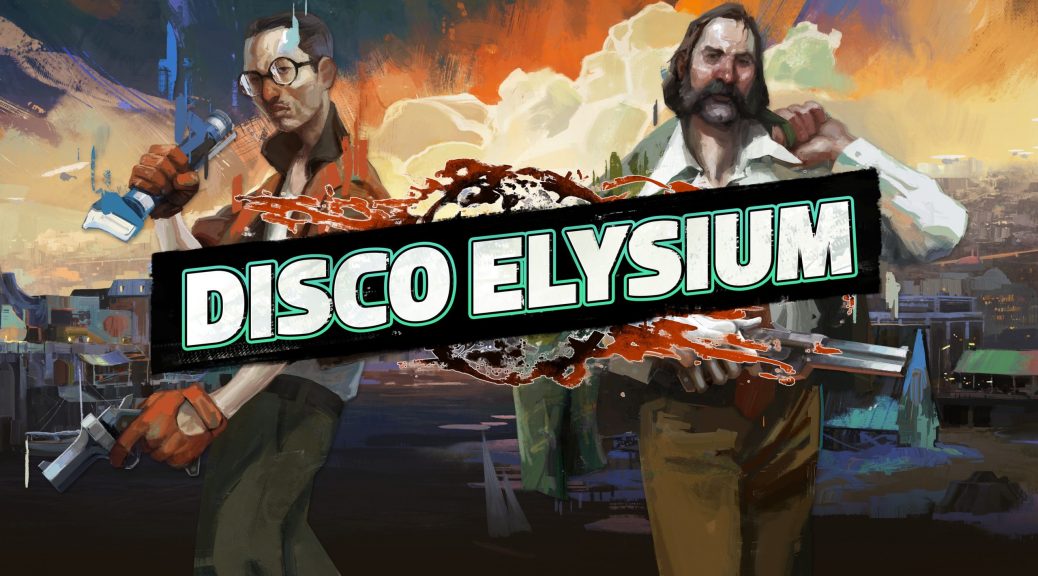
Disco Elysium
It may not share half of its name or development team like Torment: Tides of Numenera or Pillars of Eternity, but Disco Elysium feels like a spiritual successor to Planscape: Torment all the same. It’s a decidedly strange CRPG with stupendous writing, an amnesiac protagonist, and deemphasized combat – so deemphasized, in this case, that there isn’t even a dedicated system for it. It doesn’t just parrot old successes, however. The resources freed from combat duty were distributed elsewhere, leading to the most fascinating setup of dialogue and skill checks you’ll ever encounter. Your skills here represent parts of your fractured psyche, including things like your imagination, fight-or-flight response, and empathy. They’re also characters in their own right. They even argue with each other, acting as narrators, commentators, and self-interested consciences more often than die roll bonuses.
Performing and witnessing certain actions presents thoughts to be equipped like clothing and internalized to construct your own identity. Rather than variations of D&D alignments, players can be defined by their devotion to communism or their tendency to over-apologize. The few complaints I have are largely superficial: the artfully desolated visuals aren’t great at communicating paths, the level design is kind of inconvenient, and the audio is merely competent. The overwhelming amounts of text and dependency on chance will inevitably rub some players the wrong way, but it’s worth remembering that you’re not just passively reading exposition – you’re reconstructing crime scenes, negotiating standoffs, and having psychic conversations with the wind. Furthermore, the likelihood of failure is a crucial element in the game’s approach to roleplaying.
The only constants to the protagonist are his status as a detective working a murder case and his troubled past that led to a memory-obliterating bender just before the start of the game. How sanely and responsibly you carry out your objectives is up to you, but the tale will sway between sidesplittingly funny and shockingly melancholy regardless. This is because the mysteries of the murder and your identity are not the narrative here – the setting is. It walks a thin line between curiously fantastic and achingly familiar, and I can’t wait for more stories to be set there. There are answers to the mysteries, of course, but even they feel like products of the city itself more than the actions of humans.